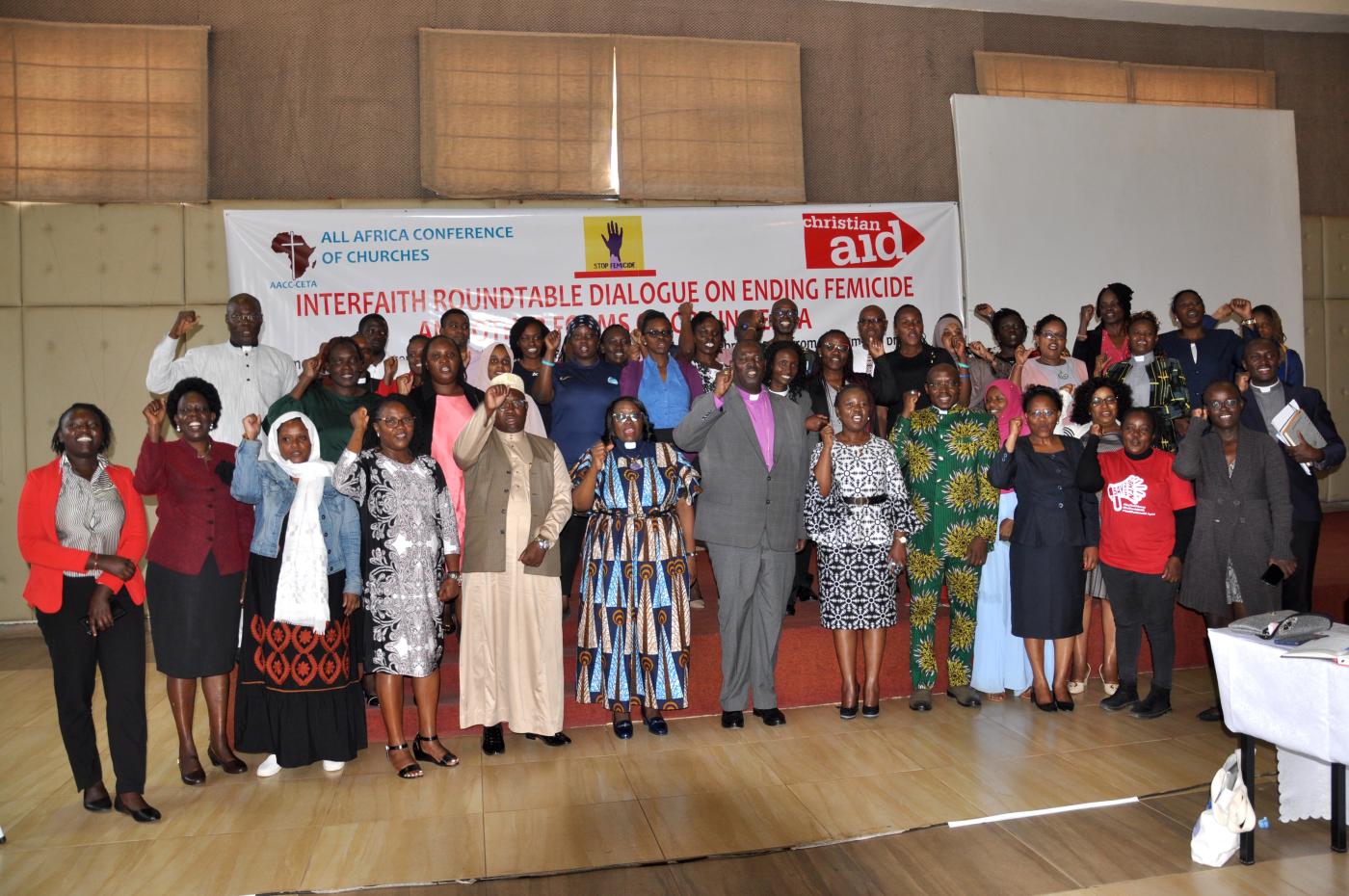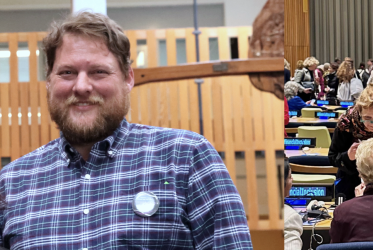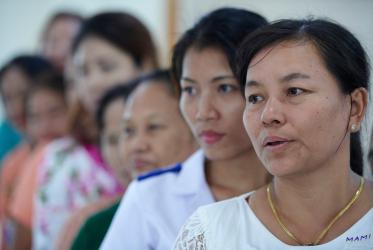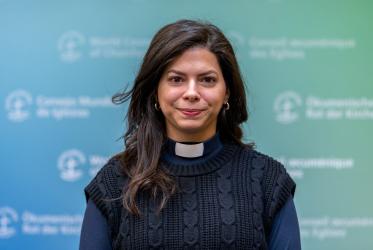The Christian and Muslim leaders, ecumenical organizations and partners met in Nairobi on 5 February to discuss the challenge, which the World Health Organization defines as the intentional murder of women because they are women.
“Femicide…is a grave violation of human rights and an affront to the values we hold dear with the recognition that humanity embodies the image of God,” said Anglican Archbishop Jackson Ole Sapit of Kenya, while reading the leaders’ news statement to journalists. “Violence against women and girls is violence against the entire humankind, and should have no place in Kenya or anywhere in the world. It is disheartening to witness the loss of innocent lives.”
The All Africa Conference of Churches and Christian Aid organized an Interfaith Roundtable dialogue to reflect on the state of femicide and other forms of gender-based violence and their impact in Kenya, among other objectives.
“Our shared commitment to justice, human dignity, and the sanctity of life compels us to address this issue comprehensively and collaboratively,” said Sheikh Abu Hamza, a Muslim leader from Nairobi, while delivering the leaders' commitments.
But as the leaders met in Nairobi, a remote village in Makueni County, eastern Kenya was burying Rita Waeni, 20-year-old university student, whose killing in mid-January shocked the nation and triggered calls for action.
Last month alone, 14 women were killed, according to Femicide Count Kenya, an organization that monitors femicide cases in the media. In 2023, at least 152 killings occurred, making this figure the highest in the past five years. In 2022, the organization recorded 58 possible femicide deaths.
Over 40 percent of women have experienced physical or sexual intimate partner violence in their lifetimes, according to the Kenya Demographic and Health Survey. Meanwhile, analysts believe this count represents reported cases.
Rev. Dr Lydia Mwaniki, All Africa Conference of Churches director for Gender, Women, and Youth said the femicide cases were an emergency and the church leaders could not afford to be silent.
“…Religious leaders or religious actors, actually religion itself in many instances, has been labeled as the problem, but we have to speak out,” said the Anglican priest. “We are part of the solution and we want to change the narrative, because many times we are quiet. We respond in our small corners and nobody takes note, but now we have come out to say no.”
“Silence is violence. When you don’t speak, when someone is being attacked, it will come back to you…This is a pandemic in Africa, and we will not be silent. We shall continue to speak,” emphasized Rev. Dr Ezekiel Lesmore, All Africa Conference of Churches director of Programmes.
The leaders committed, among others, to educate congregations on femicide and other forms of gender-based violence, promote theologies that affirm dignity and equality of all genders, and create awareness on existing support services such as hotlines and safe houses.
“The possibility as faith leaders, faith actors, faith partners is very important. It’s time to address gender-based violence and femicide with all the passion…,” said Janet Ngombalu, Christian Aid Kenya country director.






